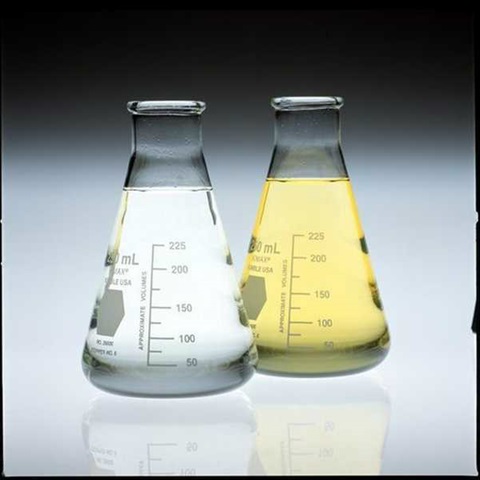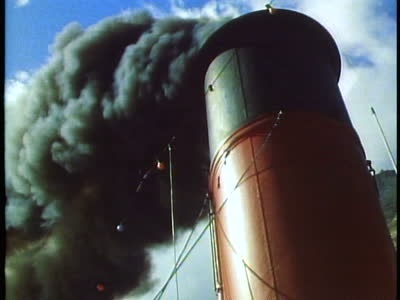The Dirty Truth About ‘Clean Diesel’ & 'Synthetic' Diesel:
From an article in the New York Times by Taras Grescoe Jan. 2, 2016
A brief History:
'The German engineer Rudolf Diesel must have thought he was on to a good thing when he built his prototype engine in 1893. Unlike gasoline engines, diesel engines required no spark plugs to ignite the fuel injected into each cylinder: Pressure and high temperatures caused it to combust spontaneously.
Diesel’s engine also ran on a grade of fuel far less flammable than gasoline. More economical than other internal combustion engines, diesels became the workhorses of the 20th century: They powered ships, trains, trucks and tanks; they cut trees, dug ore and drove factories. Generations of children in rural areas get to school thanks to buses running on diesel.
The diesel engine is inherently efficient: Even a heavy sedan can get as much as 50 miles per gallon, while producing fewer carbon dioxide emissions per mile. The relatively light carbon footprint of Diesel’s invention meant that in the late 1990s, policy makers in Europe, eager to meet Kyoto Protocol goals, initiated a “dash for diesel.” Consumers got a push from sharply reduced taxes on diesel fuel.
In Europe, where tens of millions of cars run on diesel, 55 percent of all new vehicle registrations are now for diesel cars. Thanks also to a glut of cheap diesel from Russian refineries, which last year ramped up production to half a million barrels a day, diesel is now a cheap option at many gas stations.
Industry soon took the hint: Diesel could be marketed as green. The Diesel Technology Forum’s website proclaims that
“Today’s ultralow sulfur diesel, advanced engines and effective emissions control combine to achieve near zero emissions.” This was an over ambitious unreasonable over statement.
In the United States, which has some of the world’s toughest air pollution laws, automakers worked hard to convince consumers that a new generation of “clean diesel” cars were far less polluting. Volkswagen heavily promoted its “TDI” (turbocharged direct injection) technology.
We know better now. As anybody who has seen the black smoke spewing out of the pipes of a big rig as it changes gears can testify, diesel has a fatal flaw. It tends to burn dirty, particularly at low speeds and temperatures. In cities, where so much driving is stop and start, incomplete diesel combustion produces pollution that is devastating for human health.'
It has been accepted by the British Government that past scientific advice and pressure lead to the promotion of Diesel engine vehicle growth for private personal transport. The envisioned benefit of a reduction in green house gases by petrol engine vehicles resulted in an unforeseen concentration in regions of atmospheric particulates & the sulphur that is now seen as micro polluting & blamed for an increase of toxins directly effecting humans. This irony sums up global climate change thinking, policy & effect.
Diesel engines are Very Good and Useful to the world. They currently cannot be replaced cost effectively or safely. However the engines themselves are only as polluting as the chemistry passing through them.
While ultra low clean diesels are a modern presence they are still fossil fuels at their fundament.
Oils that are derived from other sources or 'synthesised' could provide a mass alternative for private personal transport [and untimately commercial diesel engines] and be cleaner locally & cause less atmospheric damage.
In time with the reduction in costs of electric drives, Battery efficiency & mass Production along with synth diesel, ships and power stations & other commercial engines could be powered by 'synthetic' diesel generators powering energy for battery & motors alternating continuously to reduce the use of synth diesel further.
https://www.nytimes.com/2016/01/03/opinion/sunday/the-dirty-truth-about-clean-diesel.html?_r=0
Shipping engine polution
https://www.nature.com/articles/d41586-018-04100-9
Sulfur dioxide is not a green house gas.
Sulfur dioxide is a local atmospheric pollutant toxic to human health.
However sulfur dioxide is absorbed by water moisture and brought down as rapidly and as common as moisture descends.
Importantly where there is no population, the sulfur dioxide released is mostly harmlessly removed from the low atmosphere along with the associated heavy carbon particulates.
The other carbon gasses from shipping however add to the more refined and lighter gaseous fossil fuels in constant unavoidable production and use throughout the world.
Persecuting low sulfur diesel, cleaner diesel [and the possible synthetic diesel] in use by shipping will raise prices throughout the ‘tariff free trading’ world while pushing out carbon from alternative energy [and the hardware] production.
However, it would be a good move to prevent oil burning propulsion.

